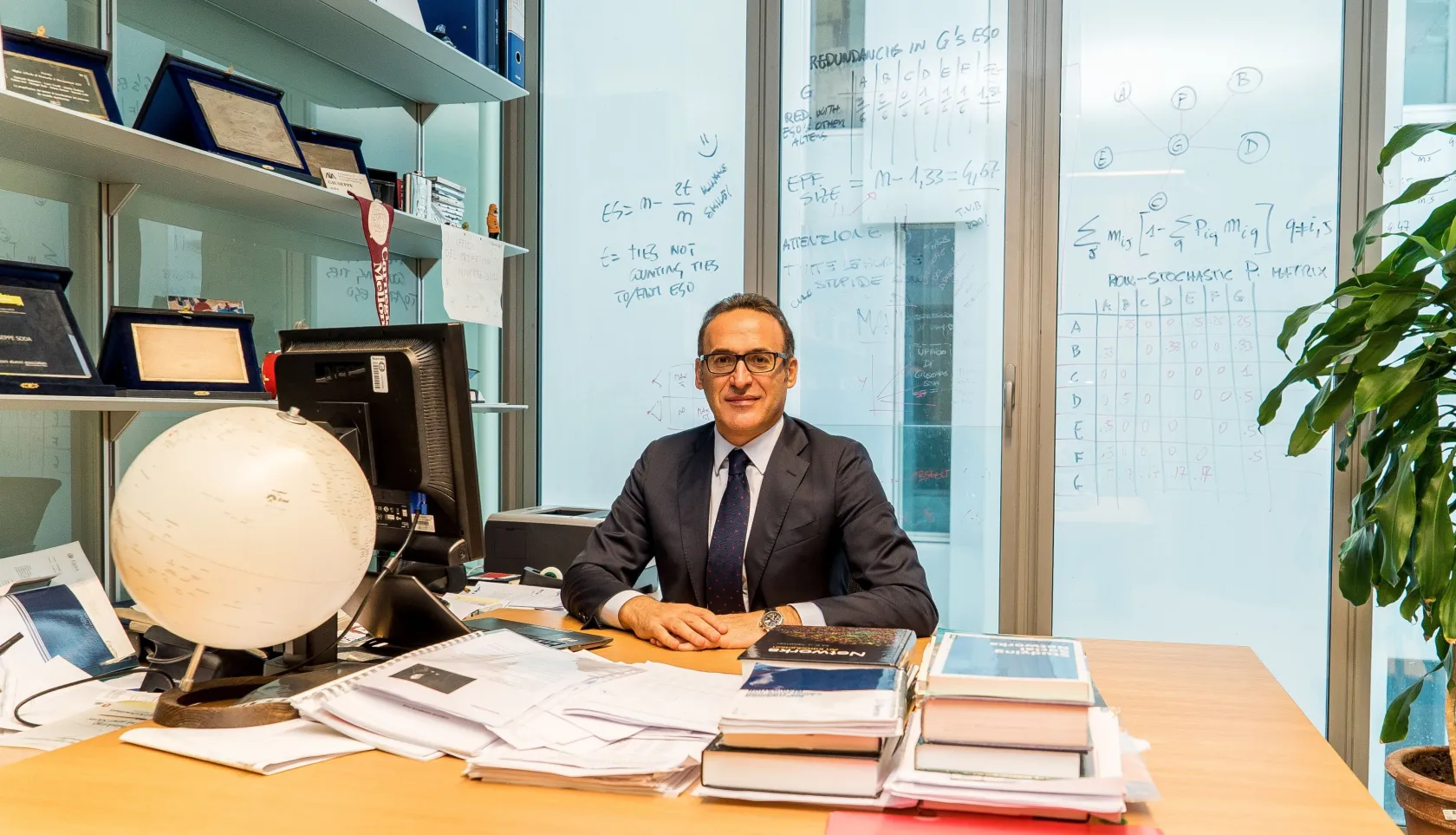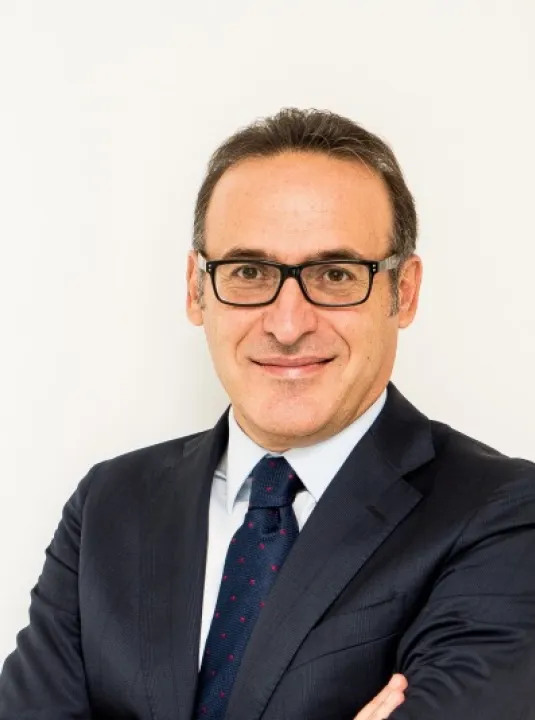
Unlocking Innovation: How the Right Fit Boosts R&D Collaboration
Researchers and technicians working in R&D departments who are moderately suited to their assigned tasks and projects are more likely to seek advice from other projects, fostering a culture of innovation and cross-pollination of ideas. This kind of moderate imperfection in assigning people to innovative projects could be the key to unlocking greater creativity and efficiency in R&D environments, as Giuseppe Soda of Bocconi’s Department of Management and Technology argues in a new paper written with Manuel Gomez-Solorzano of Tilburg University in the Netherlands and Marco Furlotti of Nottingham Trent University in the UK.
The authors begin by introducing the concept of the person–task fit (PTF), defined as the extent to which an individual’s abilities and the task of the project to which the individual is assigned match.
They then conducted an in-depth analysis of 766 knowledge-sharing interactions among 93 scientists at the R&D center of a major pharmaceutical company with a strong focus on in-house R&D. the methodology involved detailed surveys and statistical models to investigate how PTF influences the likelihood of seeking cross-project advice, taking into account various individual and project-specific factors.
Results show that researchers with a moderate PTF are likely to be the most proactive in seeking advice from their peers in different projects. This balance means they are familiar enough with their own tasks to be competent yet open enough to explore new knowledge from other projects. Researchers with either too high or too low a PTF tend to stick within their own project boundaries, missing out on valuable external insights.
For R&D managers, the implications are clear: staffing projects with a mix of expertise levels can significantly enhance innovation. By not always aiming for the perfect fit, managers can encourage more dynamic knowledge exchange. As Giuseppe Soda notes, “R&D managers who aim to promote knowledge transfer across projects may want to staff their projects also with some researchers who are less than ideally matched to the project in terms of abilities and technical expertise”.
These findings are far from theoretical. “Our study offers a fresh perspective on how R&D activities should be organized to maximize knowledge exchange and innovation,” Soda adds. “By focusing on the fit between task demands and individual abilities, we highlight a crucial factor that R&D managers can leverage to drive better outcomes”.
R&D managers could aim for moderate levels of person-task fit when assigning researchers to projects. This approach encourages them to seek diverse perspectives, leading to more innovative solutions. Besides, providing autonomy to researchers to explore beyond their immediate tasks will boost the likelihood of cross-project advice seeking.
This study provides a roadmap for R&D managers looking to foster a more collaborative and innovative environment. By understanding and applying the principles of optimal person-task fit, organizations can break down silos and encourage a richer exchange of ideas. The right mix of expertise and task alignment not only enhances individual performance but also drives the collective creativity essential for groundbreaking discoveries.
